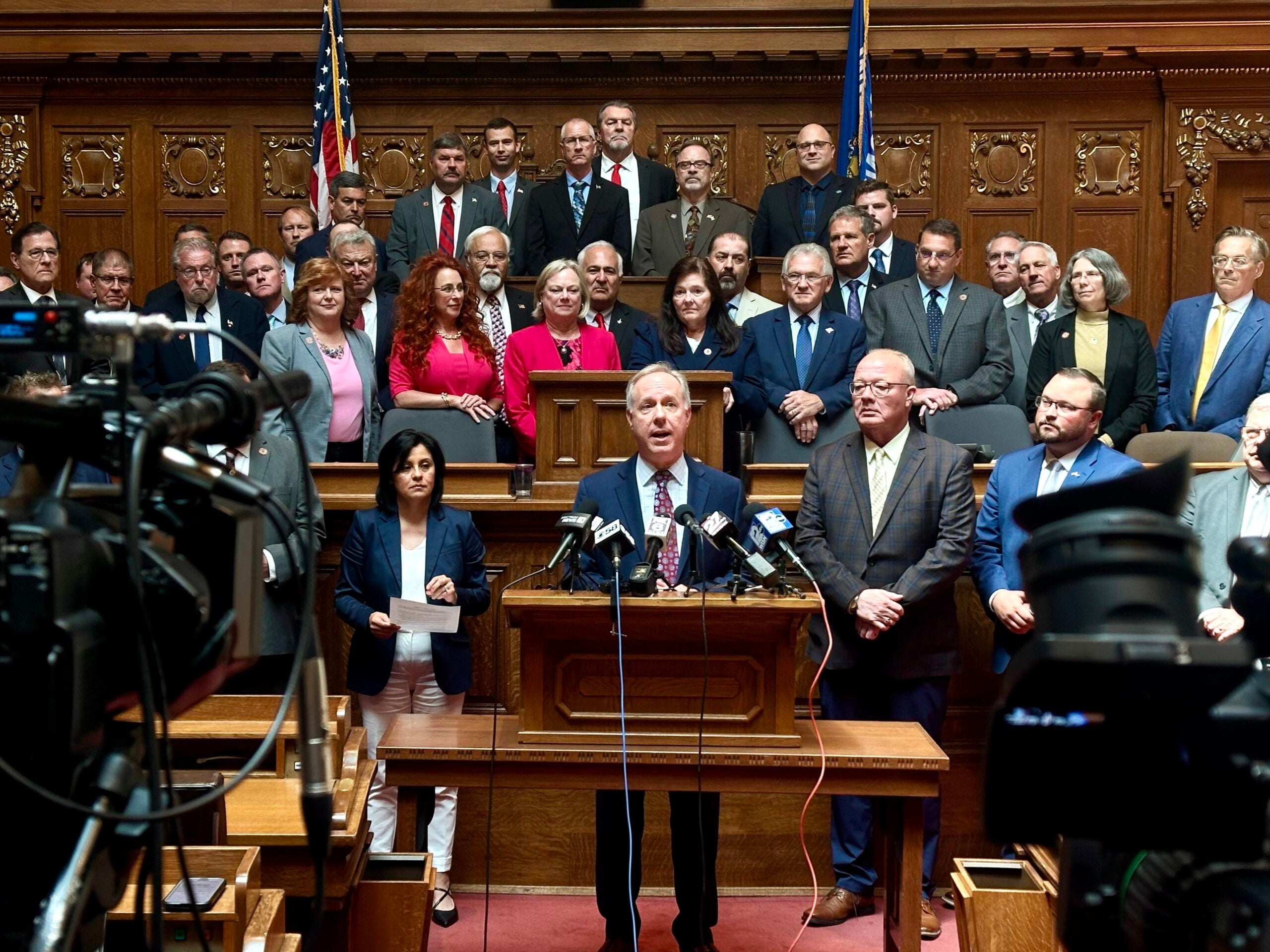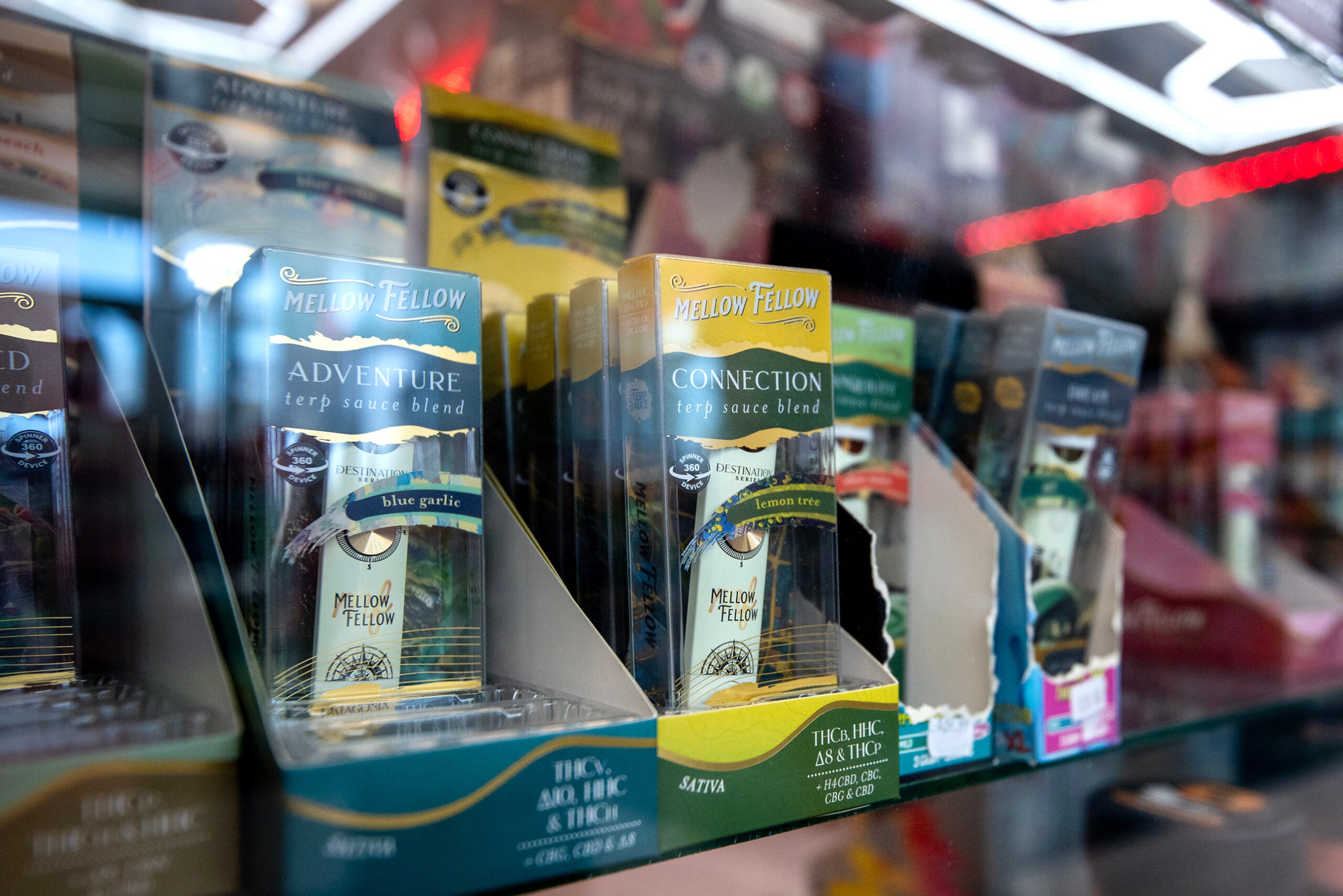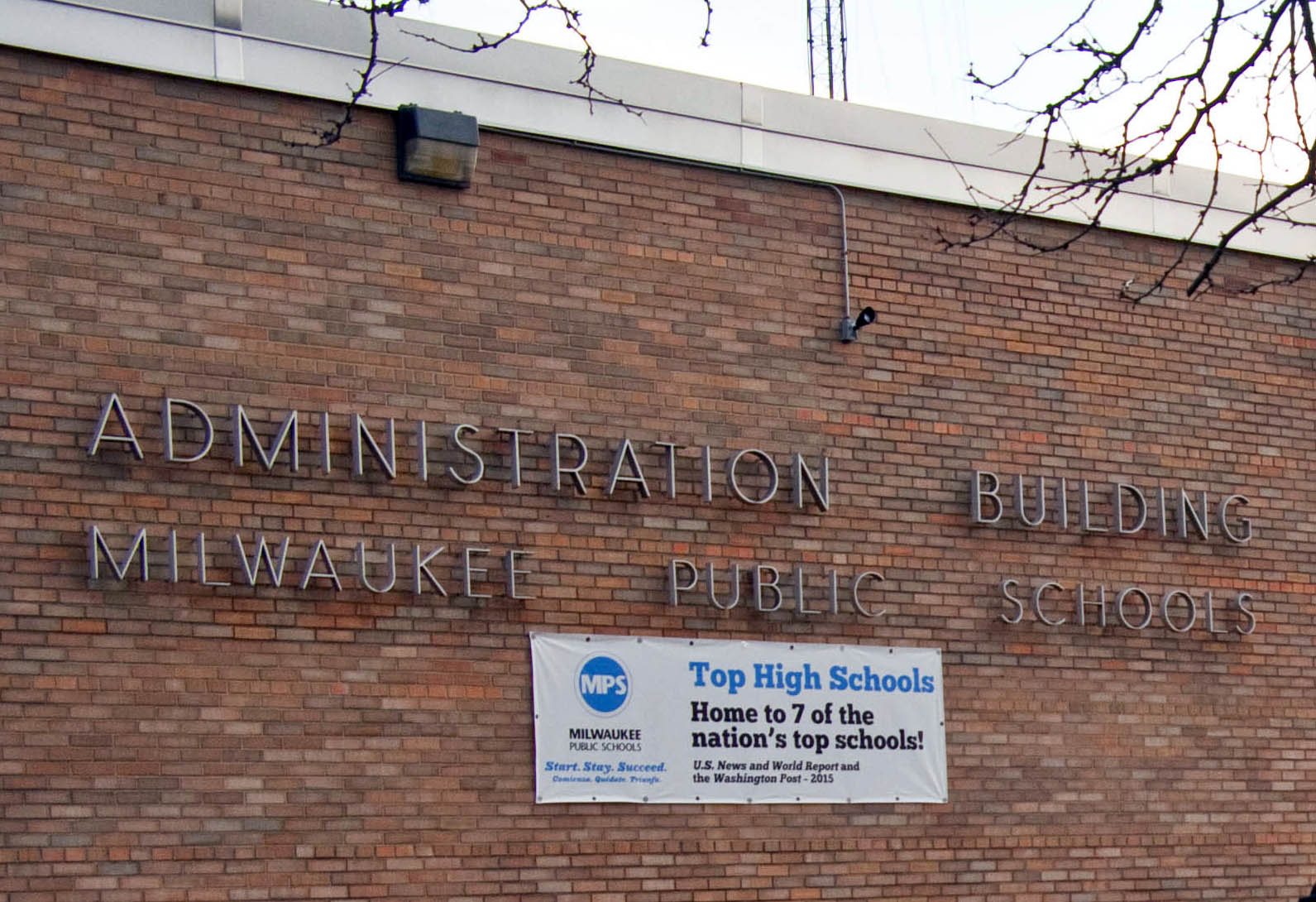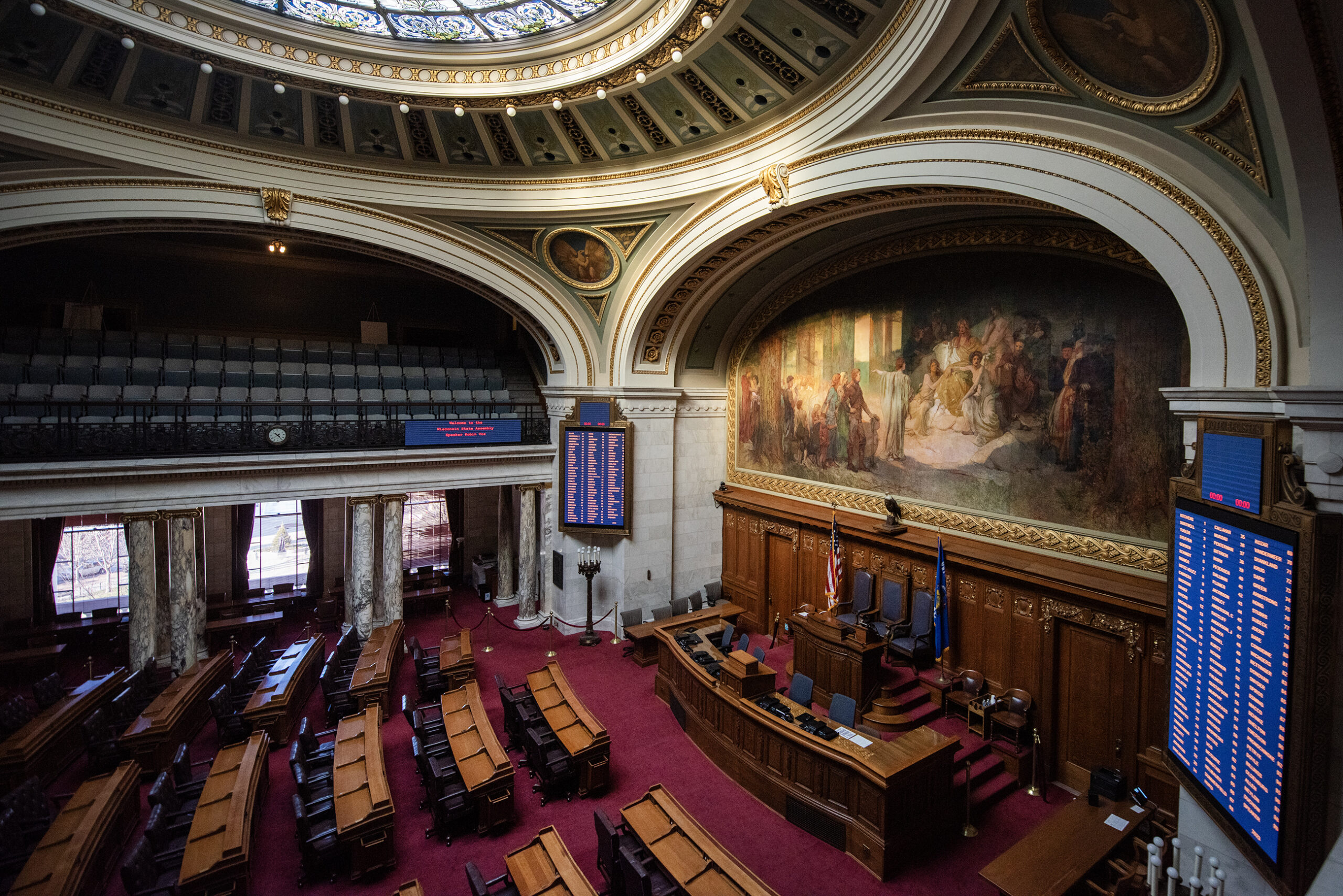Donald Trump and Bernie Sanders have appealed to voters in part because of their opposition to trade agreements, but what’s a good policy in a global economy? Our guest explores how trade policies could impact Wisconsin’s primary election. We also talk to one of the editors behind the Open Government Traveling Show, an informational tour to highlight the importance of the state’s open records laws. And we talk to WPR’s state capitol reporter about what’s happening in the Senate today as state lawmakers wrap up their two-year session.
Featured in this Show
-
Wisconsin Journalists Launch Tour Advocating Government Transparency
Journalists in Appleton, Green Bay, Sheboygan and Wausau are spending “Sunshine Week” – a national celebration of open government — touring eight cities in Wisconsin to highlight the importance of the state’s open records laws.
The tour follows debates about open records in Wisconsin that were sparked by a proposed overhaul of the state’s public records laws last Fourth of July.
Mark Pitsch, an editor at the Wisconsin State Journal and member of the Society of Professional Journalists, hepled organize the tour. He said open records laws are in the interests of the public, regardless of their political identity, to understand what motivates the decisions elected officials or public servants make.
“Sometimes people who have a lot of money to hire lobbyists or companies or advocacy groups have more influence in government than an average citizen does. What the open records laws allow us to do, at least on the state level, is find out who are those people who are trying to influence government,” he said.
But taking information about open records to the streets goes beyond protecting tools that journalists use. Pitsch said the open records laws aren’t only of use to members of the media.
“While journalists may get more attention for their use of the open records law, average citizens by far use the law more than folks like me in my job,” he said, adding that open records laws can be of particular help to everyday citizens, who unlike the media, might not have institutional or legal support to access information.
While the spotlight during Sunshine Week is often on open governments and elected bodies, Pitsch said open public records can inform people about more than their government.
“It’s not just state government either, it’s your local school board, your local city council, any public body,” he said.
The events on the tour, which are aimed at everyday citizens, feature advocates from both sides of the aisle who talk about how they have used the law. But Pitsch said that the goal goes beyond telling people what they have the right to know. He said the tour also tells citizens what the limitations of open records laws are.
“There are some exemptions, i.e. personal information of the lawmakers, for example,” he said.
While the reaction to the initial plan to overhaul open records laws in the state was met with strong bipartisan opposition, the future of open records in Wisconsin will not be without debate. Pitsch said he and organizers of the tour will be paying attention to future conversations on limiting public access to deliberative process materials and potential plans to keep the names of people that contact legislators regarding policy issues private.
-
State Senate Wraps Up Their Work This Year With A Marathon Session Tuesday
Wisconsin state senators are making their final votes of the year Tuesday, ending their two-year session. Lawmakers are scheduled to take up over 80 bills, including plans to allow online voter registration and a package of bills aimed at tackling opioid abuse in Wisconsin. We talk to WPR’s state capitol reporter about the action in the Senate.
-
The Open Government Traveling Show
During Sunshine Week, journalists in Appleton, Green Bay, Sheboygan, and Wausau are participating in a three-day, eight-city informational tour to highlight the importance of Wisconsin’s open records laws. We talk to one of the journalists behind the tour, known as the Open Government Traveling Show.
-
How Presidential Candidates' Trade Policies Could Affect Wisconsin's Primary
Presidential hopefuls Donald Trump and Bernie Sanders have ridden a wave of populist support recently, and part of their appeal is an opposition to trade agreements. Our guest explains discusses the role trade plays in elections, and talks about how the issue could impact Wisconsin’s primary election.
Episode Credits
- Rob Ferrett Host
- Veronica Rueckert Host
- Mark Pitsch Guest
- Laurel White Guest
- Steven Deller Guest
- Amanda Magnus Producer
- Matt Oleson Producer
Wisconsin Public Radio, © Copyright 2026, Board of Regents of the University of Wisconsin System and Wisconsin Educational Communications Board.




